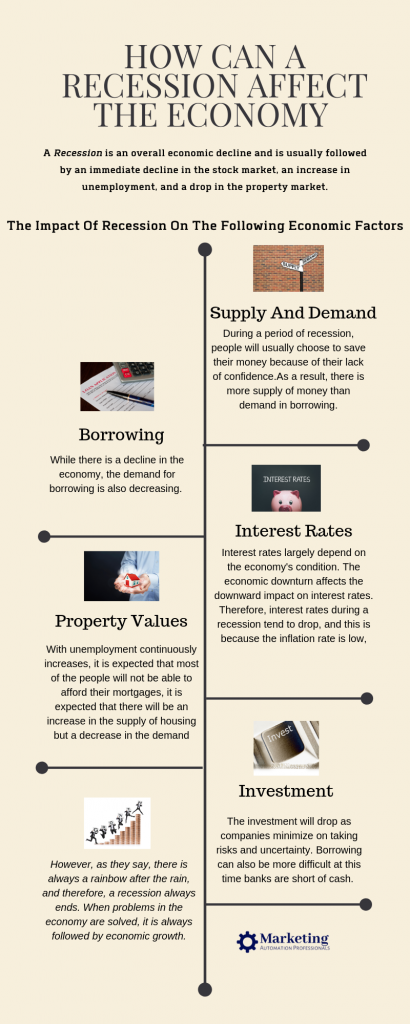Pepper Money Has Implemented A New Offer For Brokers
Pepper Money is Australia’s leading non-bank lender, which covers both mortgage brokers and for many non-bank lenders as a financer for wholesale. As a non-bank, they operate a slightly different way as compared to banks and other major financing institutions.
With this regard, Pepper Money just released a new offer for brokers and their prime and near-prime customers. Australia’s number one non-bank lender has announced that brokers will be able to offer their customers discounted interest rates offered in various LVR (Loan-to-Value Ratio) bands applicable to all of their prime and near-prime products. It shall cover all full documentation and alternative documentation customers except for construction loans.
In this manner, brokers can now offer their prime home loan customers rates from 3.36% per annum, which has a comparison rate of 3.56% per annum.
At the same time, brokers will also be able to access near-prime rates from 4.26% per annum with a comparison rate of 4.76% per annum. This limited-time offer is valid until August 30, 2019.
The Director of Sales and Distribution for Pepper Money has stated that their goal is to help more families and more people to achieve their dream of homeownership in Australia which we all know that in real life, the right interest rate can make all the difference.
He also added that they are committed to providing brokers and their customers with flexible and competitive home loan products to help them achieve their goals. This is the main purpose of their offering, which is to deliver real-life solutions for all sorts of real-life situations.
Pepper Money’s decision was in addition to the 0.25 percentage point rate cut declared last month. Their declaration also takes place following their move to reduce variable interest rate for their existing customers by 20 basis points, this is in compliance with RBA’s (Reserve Bank of Australia) cash rate decision.







